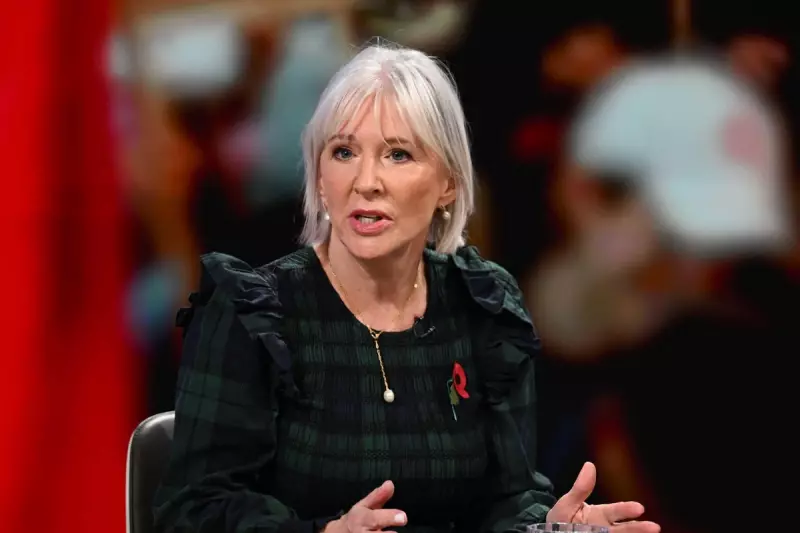
In a blistering critique that has sent shockwaves through Westminster, former Culture Secretary Nadine Dorries has launched an extraordinary attack on Nigel Farage's Reform UK, accusing the party of deliberately sabotaging Conservative election prospects.
The outspoken ex-MP used her platform in the Daily Mail to deliver a stark warning to right-leaning voters, arguing that supporting Reform would effectively hand the next election to Labour on a silver platter. Her intervention comes amid growing Conservative fears about vote splitting on the right flank.
The Vote-Splitting Dilemma
Dorries pulled no punches in her assessment, stating that Reform UK's presence in the electoral race threatens to fracture the conservative vote in numerous key constituencies. This fragmentation, she argues, could prove disastrous for Rishi Sunak's party as they battle to retain power against a resurgent Labour opposition.
"The mathematics are brutally simple," Dorries wrote, "every vote that goes to Reform is a vote taken directly from the Conservatives. In our first-past-the-post system, this could gift victory to Labour candidates across the country."
A Personal Rebuke to Farage
The former cabinet minister saved particular criticism for Reform's figurehead, Nigel Farage, questioning his motives and commitment to genuine conservative values. Her words carry significant weight given her own reputation as a staunch Brexiteer and long-standing Tory loyalist.
Dorries emphasised: "This isn't about principles or policies—it's about vanity projects and political opportunism that could leave Britain with a Labour government that none of us want."
Westminster Reacts
The column has ignited fierce debate within political circles, with many Conservatives privately expressing similar concerns about Reform's impact on their electoral fortunes. However, some Reform supporters have dismissed Dorries' intervention as sour grapes from an established political insider.
As the general election approaches, this very public civil war on the right highlights the deepening fractures within British conservatism and sets the stage for what could be the most unpredictable electoral battle in recent memory.





